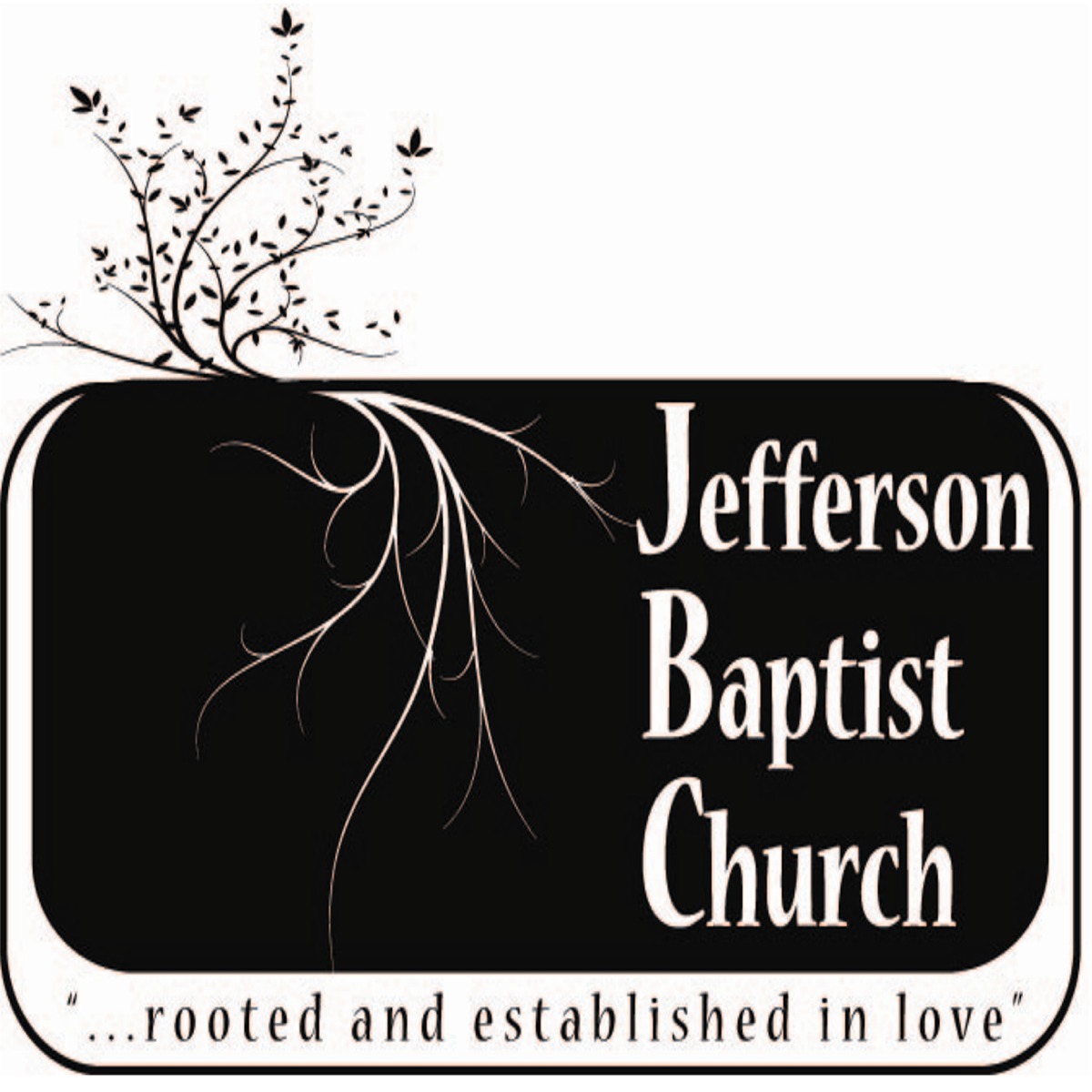 |
The Catholic ThingAuthor: The Catholic Thing
The Catholic Thing is a daily column rooted in the richest cultural tradition in the world, i.e., the concrete historical reality of Catholicism. Language: en-us Genres: Christianity, News, News Commentary, Religion & Spirituality Contact email: Get it Feed URL: Get it iTunes ID: Get it |
Listen Now...
The Holy Cardinal Who Criticized Michelangelo
Episode 60
Saturday, 7 February, 2026
By Robert Lazu Kmita Among the countless saints of Italy, few enjoy the renown of Cardinal Charles Borromeo (1538–1584). Alongside Francis of Assisi, Anthony of Padua, Rita of Cascia, and Padre Pio, he is one of those immortals whose icons still adorn numerous churches and Christian homes even nowadays. The heroism of his pastoral work – especially during the infamous plague epidemic of 1576–1578, which decimated the population of Milan and its surroundings – was matched by only one other Catholic hierarch of the same moral stature: his cousin, Cardinal Federico Borromeo (1564–1631). Members of one of the most illustrious families of the Italian high aristocracy, the two Borromeo cousins demonstrated the power of supernatural faith embodied by individuals who, in social life, held ranks and offices of the highest importance. It is worth noting that neither of them renounced their aristocratic titles; rather, they used them for the benefit of the entire community. If Saint Charles was a principal architect of the epochal Council of Trent, making remarkable efforts in catechesis and Christian theological formation, Federico, in turn – besides founding the Ambrosian Library – left us an impressive treasure of writings. Theology, philosophy, moral theology and Christian asceticism, biblical studies and the exegesis of sacred texts, canon law and civil law – in short, all the essential disciplines were areas in which he demonstrated true mastery. The surprise, however, lies in his writings on sacred art. The first of these, a treatise entitled De Pictura Sacra (1624), is probably the most important work in the entire Christian tradition devoted to the visual arts. Another of his writings, Musaeum (1625), is a genuine work of criticism, undertaken from both an aesthetic and a theological perspective. In fact, this is the point of crucial importance in Cardinal Federico's vision: aesthetic beauty is inseparable from moral beauty. For a work of art to be truly beautiful, it must satisfy both the demands of the craft that makes it possible, and the demands appropriate to a content meant to raise our souls toward God. The Apostle Paul asked Christian women to respect the primacy of inner, spiritual beauty, to which external beauty must be subordinated. (1 Timothy 2:9) Federico Borromeo asks Christian painters and sculptors to respect not only the eyes of the viewers, but also their souls. He unifies aesthetics and morality through one of the most interesting notions in the history and theory both of art and of metaphysics: decorum. This word, which we usually understand as referring to outward demeanor and dress, signifies something far deeper in the treatise De Pictura Sacra. Inspired by the thought of Pythagoras as well as by the Christianized Neoplatonism of Saint Dionysius the Areopagite, it points to the profound harmony of all the elements that participate in a work's creation. The harmony of all the architectural elements of a Gothic cathedral allows the manifestation of its extraordinary beauty. As understood by Federico Borromeo, decorum refers not only to the harmony of external elements, but also of the internal ones. What results from observing the rules that allow the creation of a harmonious painting is the manifestation of beauty. Cardinal Federico himself expresses it thus: An important part of good human conduct has been to seek out the quality known as decorum. It brings particular pleasure to the minds of viewers and can be described as a kind of luminous splendor, or perhaps as a flower growing out of every movement and activity, that refreshes the mind. This pleasure or delight can be implanted into anything that is charming or graceful, and through artistic skill it can inspire images. The "flower" that blossoms in the minds of those who contemplate a work in which harmony is properly respected is beauty itself, shining like a discreet light that simultaneously delights the eyes, the heart, and the intellect. ...








